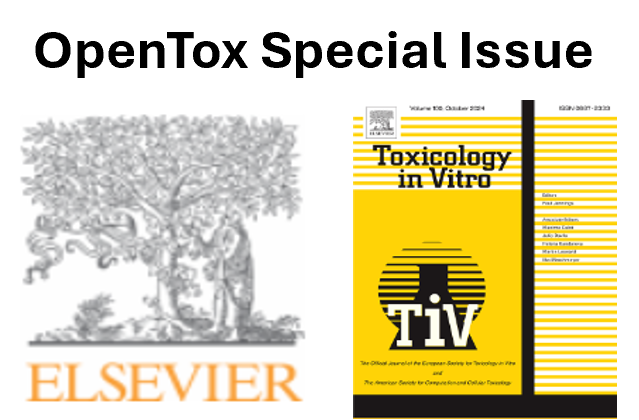
Olga Tcheremenskaia is a Senior Researcher at Environment and Health Department of the Italian National Institute of Health (ISS). She is holding a PhD in Chemistry (2000) and has been worked at the ISS since 2001. Olga has coordinated several projects funded by EFSA and ECHA, as well as co-coordinated the OECD (Q)SAR Assessment Framework (QAF) working group from 2021 to 2023 that resulted in implementation of new OECD Guidance Document N386 with the purpose of facilitating of regulatory acceptance of (Q)SAR models. Her current activities include serving as the Italian representative in several OECD expert groups, including the OECD IATA case studies project, the OECD QSAR Toolbox Management Group, the OECD Emerging Science in Chemicals Assessment (ESCA) expert group and the group on updating of Guidance Document 34 on validation of new methods. She participates actively in the EU_PARC project and coordinates the EFSA project on updating the EFSA genotoxicity database and the Task on improving existing computational methodologies on the toxicity towards wild pollinators within the EU_WILDPOSH project (Pan-European assessment, monitoring, and mitigation of chemical stressors on the health of wild pollinators). A major part of her research focuses on chemical risk assessment using animal-free methods, particularly New Approach Methodologies (NAM) based on in silico approaches such as (Q)SAR models, read-across, and AOPs. She also has extensive experience managing toxicological data and developing relational databases.
Toward improving the prediction confidence of in silico approaches to address the decline of wild pollinators and to support environmental risk assessment policy.
The new EU-founded project WildPosh https://wildposh.eu/ was launched in early 2024. As part of the EU pollinators initiative, the project has an ambition to provide a better understanding of the routes of exposure of wild pollinators to chemicals, to investigate toxicological and ecological effects on terrestrial biodiversity and to support the environmental risk assessment policy.
The Italian National Institute of Health (ISS) is leading the work on in silico modelling activities within the project with the purpose of improving the existing in silico prediction methodologies for toxicity endpoints relevant to pollinators. The work includes a critical review of all existing relevant prediction methodologies, such as (Q)SAR models, category approach or read-across; identification of the most important gaps and sources of uncertainties and refinement of in silico predictions using existing data and data that will be generated within the project.
Evaluation of regulatory readiness of (Q)SARs will be performed according to the OECD QSAR assessment framework (QAF) and to some specific requirements of EU regulatory agencies. The results will be used, together with other data produced by the project, for development of the WildPosh Toolbox, an integrated system-based risk assessment toll with the global goal of reversing pollinator population decline and reducing the harmful impacts of pesticides and other chemicals.

